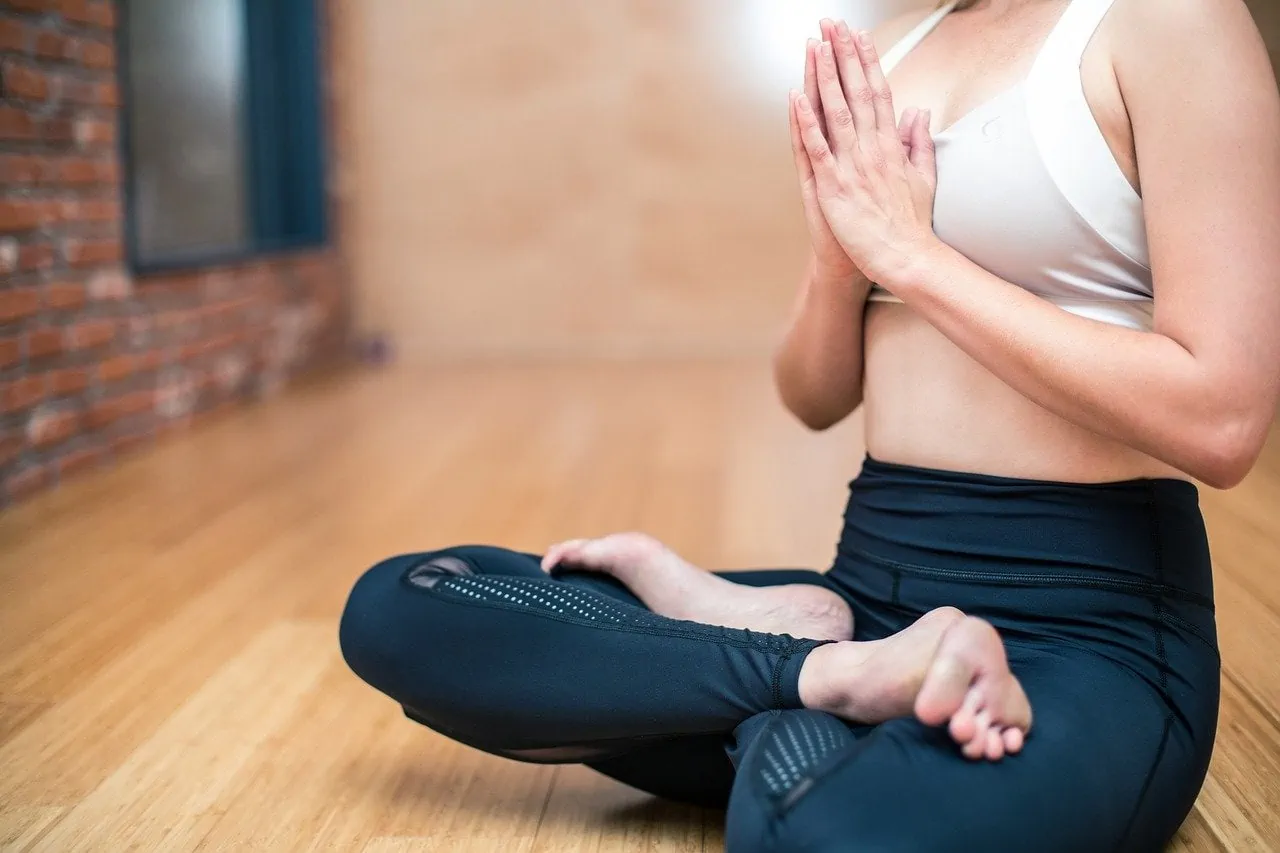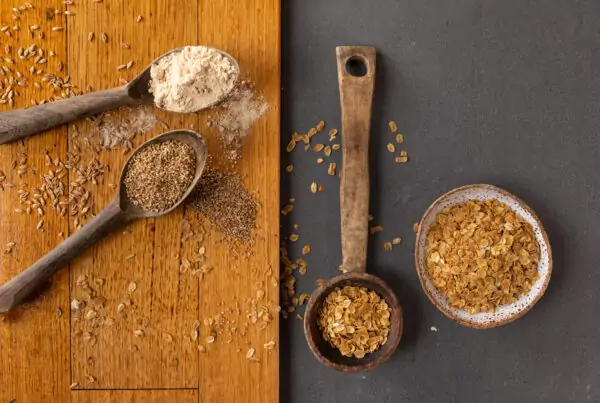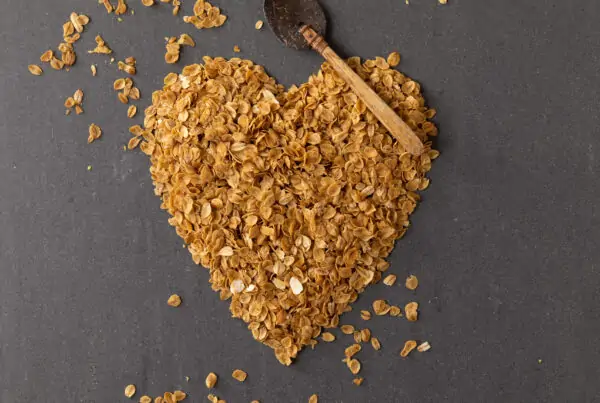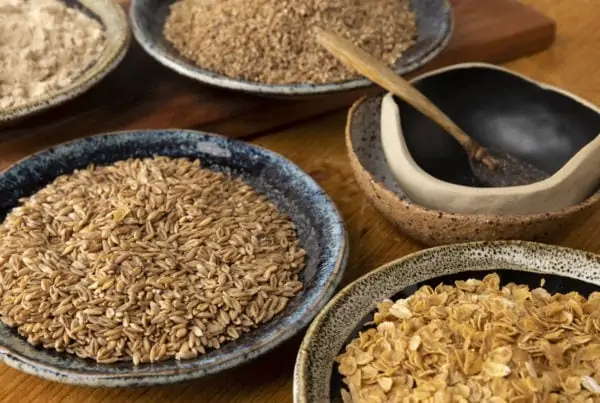There’s no denying that we’re living in challenging times – and that with these times, an increase in our stress levels.
Whilst stress can have an obvious effect on our mental and emotional health, it can also have a significant effect on our physical health. There is more and more research published every day about the link between the gut and the brain (also known as the gut-brain axis). In fact, we’ve written about the relationship between the gut and the brain before, here and here. With external stress triggering the body’s ‘fight or flight’ response, there are a wide range of physical effects that can be experienced, including indigestion, feelings of nausea and can also lead to a decrease in the body’s ability to absorb nutrients. With this in mind, we’ve compiled 4 steps to help you manage stress (and most importantly, maintain your health).
Step 1: Get moving
Exercise is always a good idea – not only in times of stress. Putting the body under a little physical stress can make a big difference to your mental health. Specifically, exercise can help lower the body’s production of one of the key stress hormones known as cortisol. The flip side of this is that the body also increases it’s production of ‘happy’ hormones, known as endorphins. Win – win!
If you can’t get outside at the moment, try a home workout. There are thousands of different style and levels workouts which are free for you to access online – from HIIT, to yoga, body weight circuits, and pilates. YouTube is a great place to start your quest for this feel good solution.
Step 2: Find stillness
Movement is a great way to manage stress – but so is stillness. If you’re finding yourself overwhelmed, worried or anxious, taking a mindful moment to decompress can help return you to a more even, steady keel. You don’t need to be an experienced meditator or participating in three-week silent retreats to find a little stillness. A meditation practice requires only a very few elements – a little time, a quiet space, and a willingness to keep working at it. If you’re new to meditation, the use of an app such as Smiling Mind or Headspace can help you establish a meditation routine.
Step 3: Connectivity
Whilst social distancing is critical in our current climate, it doesn’t mean that you can’t connect with your friends and loved ones. In fact, if there was ever a time to connect with our communities – it’s now! Call, text, email – perhaps even set up a video conference via platforms such as Zoom or Google Hangouts to keep in touch with those who warm your heart and put a smile on your face. Connection is key!
Step 4: Your body is a temple
Hands up if you’re snacking more than ever now that you’re home (and have 24/7 access to the pantry). Even if it feels like your routine has been thrown out the window, do your best to stick to an eating schedule similar to what you’d follow if you were at work. Breakfast, lunch and dinner, plus healthy snacks in between to tide you over. Wholegrain snacks such as grainy crackers or a home made energy bar are packed with fibre that can keep you feeling fuller for longer, so that the pantry doesn’t call your name so often. If you have a little extra time on your hands, why not experiment with a new recipe or two? A balanced diet rich in fibre, protein, vitamins and nutrients is critical to keeping yourself in good health. You can find out more about the importance of a balanced plate here.
There are so many different ways to manage stress – and as individuals, each of us will find different strategies that resonate best. Share your top stress management strategies with The Healthy Grain team via our Facebook page, which you can access here.
Intended as general advice only. Consult your health care professional to discuss any specific concerns.







One Comment